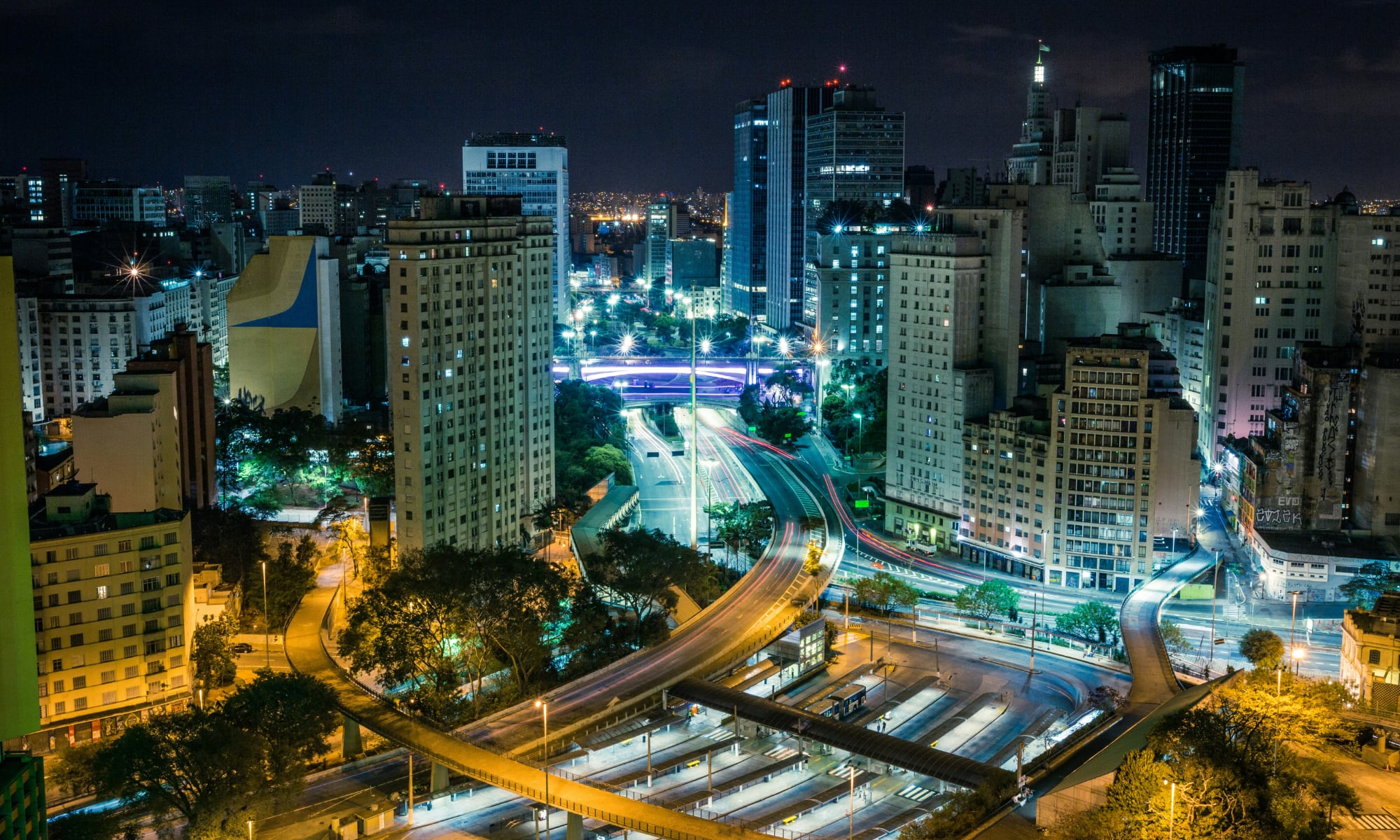Brazil Could Be Apple’s Ace in the Hole in the iPhone Trade War
 Credit: Sasirin Pamai / Shutterstock
Credit: Sasirin Pamai / Shutterstock
Toggle Dark Mode
Although Apple has been working to diversify its supply chain over the past few years, it remains heavily dependent on China. That’s causing stress as the company once again becomes a pawn in a US-China trade war.
While some iPhone production has been shifted to India and Vietnam, it hasn’t been nearly enough. It also doesn’t help that China is understandably resisting Apple’s attempts to shift production elsewhere.
Nevertheless, Apple has another country in its supply chain that could turn out to be a hidden gem amidst the current economic uncertainty: Brazil.
Earlier this week, Apple gained a reprieve from the full force of the punishing 145% tariffs that have been levied against China. However, that won’t likely last long as the Trump Administration is determined that there will be no exemptions from China’s “unfair trade practices.” It’s vowed to place new tariffs on semiconductors and other electronics. Those may not be as high, but they’re still likely going to exceed what the US is charging its other trading partners.
Until Trump relented last week, imports from India and Vietnam faced 26% tariffs. China’s original tariffs were 54%, but the Trump administration increased those to 104% and then 145% after Beijing retaliated with its own tariffs on US goods going to China. Those 145% tariffs still apply, and the US has threatened to raise them to 245% if China continues to escalate.
Meanwhile, Brazil has faced only a 10% “baseline” tariff — the one that applies to nearly every country in the world. Other “retaliatory” tariffs were added on top of that, but Brazil didn’t have enough of a trade deficit with the US to be a target for this retaliation.
Apple has been assembling a relatively small number of standard-model iPhones in Brazil for a few years at a Foxconn facility in Jundiaí, São Paulo. These are mostly to provide more affordable options for the local market, as Brazil has relatively high import duties on electronics. These made it more economical for Apple to set up production for the iPhone 13, iPhone 14, iPhone 15, and iPhone 16 in that country to offer those models at a more competitive price. The “Pro” models have still always been imported from China.
However, in light of steep tariffs on other countries, Brazilian news agencies have reported that Apple is looking to ramp up production in Brazil to use as a launching pad into the US iPhone market.
In a surprising twist, Apple may have already taken the first step in this direction. Brazil’s MacMagazine reported this week that the iPhone 16e has been produced at Foxconn’s Jundiaí plant from the very start. That’s a shift from prior models, where Brazilian production didn’t begin until several months after the initial release.
Customers who have purchased the iPhone 16e in Brazil have noticed that it’s labeled “Assembled in Brazil – Brazilian Industry” instead of labels for China or India. The part numbers also show BR/A, typical for Brazilian-made iPhones, versus BE/A for iPhones imported from other countries (which other members of the iPhone 16 lineup still show)
As noted by 9to5Mac, which first shared the report, the official price of an iPhone 16e in Brazil is around $890 USD, but many retailers are selling it for as little as $670, a lower price that’s likely the result of locally produced models being exempted from tariffs.
Along the same lines, an iPhone 16e imported into the US from Brazil would only be subjected to 10% tariffs, which is half of what Apple is paying to bring iPhones in from China, where they’re still subject to a base 20% tariff even after the Trump administration’s reversal of the higher 145% levy. For now, tariffs on Vietnam and India are also back down from 26% to 10%, but that could easily change again by the time the iPhone 17 lineup is released. The tariffs on US imports from Brazil have been a flat 10% since the new trade policies came into effect.








